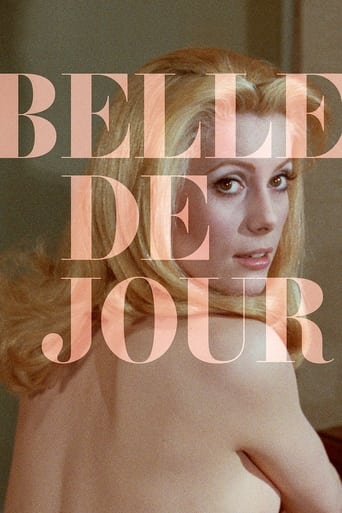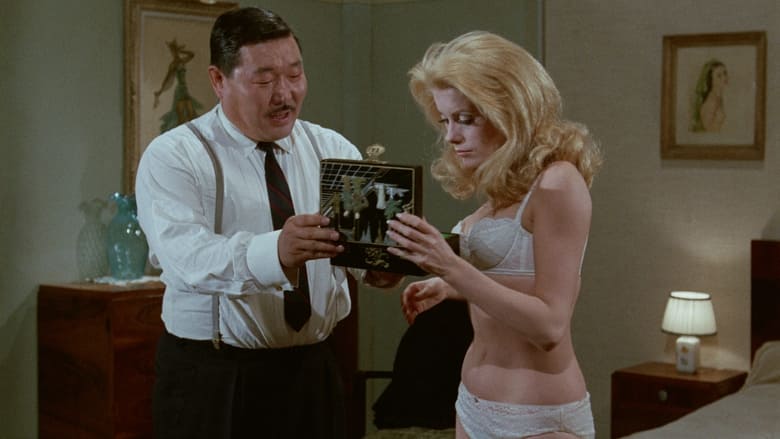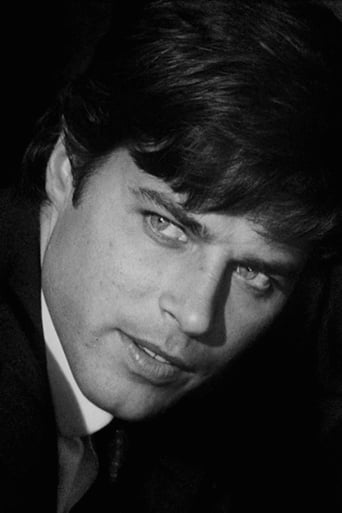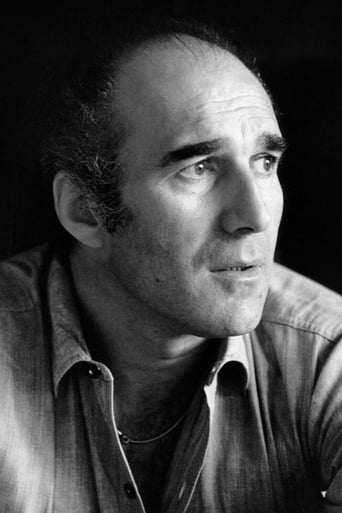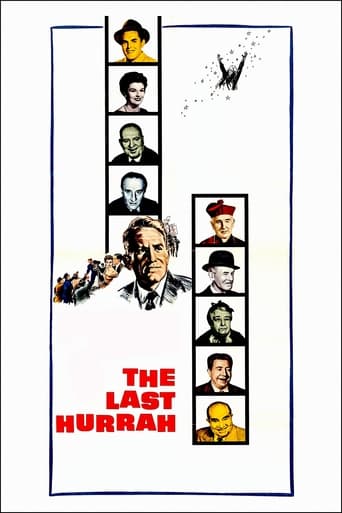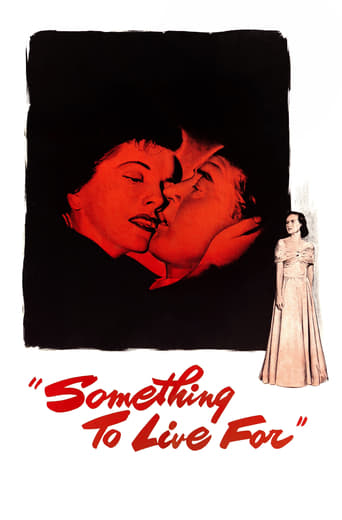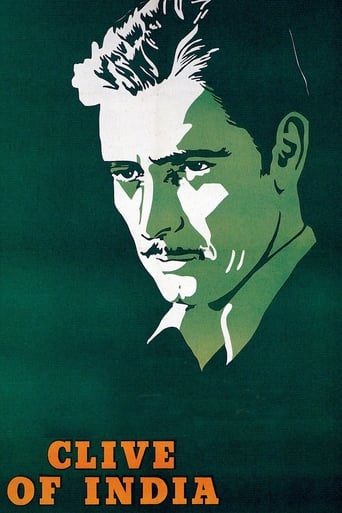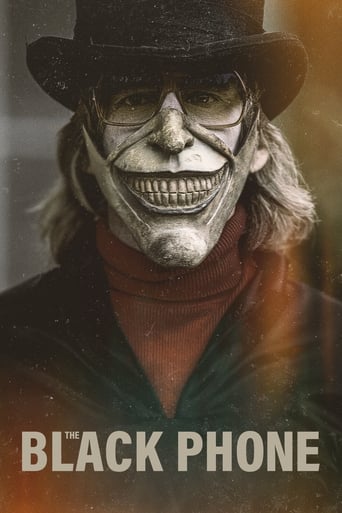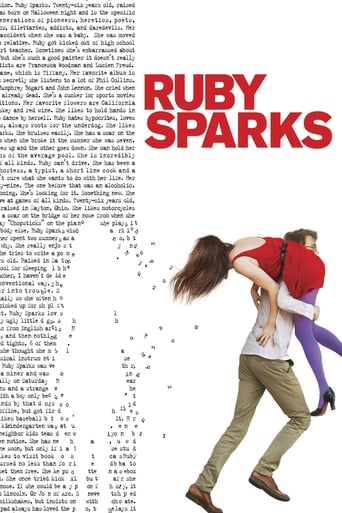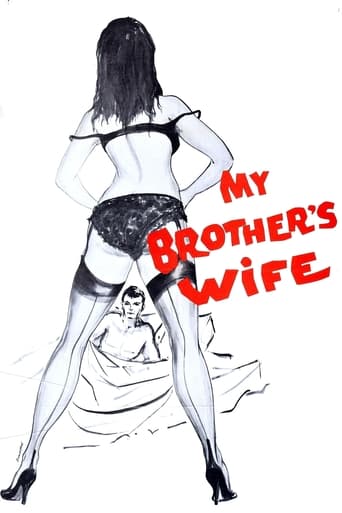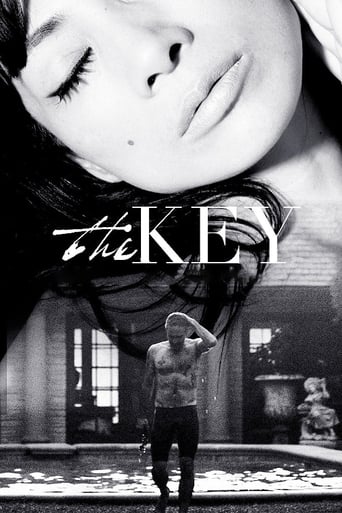Belle de Jour (1995)
Beautiful young housewife Séverine Serizy cannot reconcile her masochistic fantasies with her everyday life alongside dutiful husband Pierre. When her lovestruck friend Henri mentions a secretive high-class brothel run by Madame Anais, Séverine begins to work there during the day under the name Belle de Jour. But when one of her clients grows possessive, she must try to go back to her normal life.
Watch Trailer
Cast


Similar titles
Reviews
Touches You
Yo, there's no way for me to review this film without saying, take your *insert ethnicity + "ass" here* to see this film,like now. You have to see it in order to know what you're really messing with.
A great movie, one of the best of this year. There was a bit of confusion at one point in the plot, but nothing serious.
The film never slows down or bores, plunging from one harrowing sequence to the next.
Godard may have quipped that all you need to make a movie is a girl and a gun, but Luis Buñuel knew better: all you need to make a movie is a girl and her imagination. Picture this: opening credits beckon us in to a peaceful, aristocratic countryside carriage ride, with almost histrionically dull effete banter between suave, chirpy husband (Jean Sorel; exquisitely bland) and stony, disaffected wife (Catherine Deneuvre). But don't worry - the drolleries only last minutes before they're interrupted by a rape and bondage sequence orchestrated with carnivalesque bounciness, making it almost as disturbingly cheery as it is jarring. It's polarizing, distanciating, and risks losing any particularly prim viewers within the first five minutes. And, naturally, it's completely false. And thus, having successfully doubly(!) yanked the rug out from under us within roughly the first five minutes, the only thing we know to be real about Buñuel's Belle de Jour is its commitment to falsehoods - and therein lies its playful, magnetic, fascination that lingers more than any voyeuristic titillation.Belle de Jour is still regarded, doubtlessly with a nervous chuckle in some circles, as one of the earliest films conflating eroticism and artistry. Yet it's shy even for the swinging' 60s in terms of depicting actual sex on screen - cleverly, Buñuel realizes that for us, as for Deneuvre's bored-housewife-turned-high-class-prostitute Séverine, sex is best when left up to the imagination. But the film is anything but shy in its voracious, almost fidget-inducing satire of antiquated, monolithic gender roles, with Séverine's stagnant facade of happy upper-class home life being the film's most brazen illusion of all, and her escape into the equally constraining and prescriptive role of men's sexual fetish object in an attempt to actualize her lurid fantasies evoking a sour laugh in itself. Over time, Buñuel's slow-born critique unearths a viciously tongue-in-cheek account of the dissonance between Séverine tentatively but aggressively trying to wrestle her own meaning out of a life full of people trying to dictate hers - her husband, society, their pretentiously aristocratic neighbours, especially Michel Piccoli's eloquently unrepentant horndog - with the results being as sordidly funny, and, inevitably, deeply sad as anyone would expect. Pacing is appropriately dreamy, verging the line of excessively languid, but Buñuel packs each frame with tantalizingly subtle details of characterization and foreshadowing, keeping the fantasy/reality playfully hazy throughout. Some, like Roger Ebert, point to the subtlest of sound cues to differentiate the two, but it's just as possible these are as much of a red herring as any of the film's more prurient interchanges. Each of 'Belle de Jour''s colourful trysts allow for gleefully salacious scene-stealing bits, most memorably a teasing "what's in the box?" moment that Mr. Quentin Tarantino, amongst countless others, can thank Buñuel for (and here, like its homage in Pulp Fiction, the answer is fiendishly simple: it's whatever you want it to be). Like any self-respecting French film from the '60s there are gangsters, as cartoonishly grotesque as they are impossibly slick, particularly Pierre Clémenti's sulky, cane-wielding vampire. And then: that legendarily ambiguous ending, the film's most innocuously and and subtly perverse of all. Unless, of course, it's just another rug-yank, that Buñuel, that scoundrel, never quite shows his hand with. Perhaps, it's simply macrocosmic of the earlier mystery box: it's whatever we want it (or most fear it) to be. Still, the film reaches the annals of legend almost singularly through Catherine Deneuvre's rivetingly inaccessible performance. It takes an actor of rare talent who can anchor a film of guiding an audience through every scene while remaining so impenetrably deadpan, but Deneuvre's cool, chic glassiness bleeds out just enough flints of a vast inner world of yearning and desire that even she may not be fully privy to. She barely speaks throughout the film, but her eyes and the smallest moments of relaxing her shoulders are more subtly revelatory than the most stentorian soliloquies, the delicate power therein making her work here truly unforgettable. Based on Joseph Kessel's novel, Buñuel's Belle de Jour's play with sexual, ideological restriction and release is too sharp not to have inspired a number of real life accounts. Most vocal about her experiences is Brooke Magnati, who herself reappropriated the titular billing for a series of books based on her own call-girl experience as an upper- echelon prostitute while completing her PhD which, naturally, are themselves now being adapted into a film. Fantasy inspiring fantasy inspiring reality inspiring fantasy? Sounds about right.-9/10
The premise of a pretty young housewife (Catherine Deneuve) who has dark sexual fantasizes and becomes a prostitute in order to engage in them is interesting, but the execution is lacking, and seems quite dated. To start with, there is no emotional honesty in this film, it's instead antiseptic and superficial. Deneuve's acting is poor, displaying all the range of a mannequin. Director Luis Buñel weaves fantasies directly into the plot, but not in ways that hadn't been done before in 1967, and far from "surreal". There is nothing erotic at all here, and the fantasies seem suspiciously like male fantasies, not female. I did like how Buñel avoided using a soundtrack, and the creepiness of the husband's friend (Michel Piccoli), but that's about it, otherwise it was a snooze. It's a little mystifying to me as to how this film is a masterpiece, but I guess to each his or her own.
a special film. like each movie by Bunuel. same scene, same tricks, same spirit. different ingredients. and Catherine Deneuve in one of her memorable roles. a film about passion and desire. about search of happiness and clash between words. ironic, cold and out of reality's circle. and it is enough for discover an universe who has its rhythm, shadows and law. a film like a parable but that is not new fact for Bunuel. a film who seduce in strange manner because it is only a chain of questions. surrealism is basic answer but not the only. because it is an imitation of life in essential aspects. and a challenge. like each of Bunuel films.
Here is the fascinating depiction of a woman so badly damaged by incest that she can't relate to her loving husband and spends most of her time in a world of fantasy, where she is tortured and raped.Catherine Deneuve dazzles as the picture-perfect, emotionally detached housewife suffering aftereffects of abuse by her father. One day she takes her self-flagellation from the realm of the mind to the chambers of a bordello, where it's unattractive johns who slap her around and make her bleed. As if that weren't punishment enough, Belle takes a freelance job in which she lies in a coffin to play the dead daughter of an obsessive incest perpetrator -- "I hope you can forgive me, but I loved you so" -- who masturbates below her scantily clad body.Severine/Belle de Jour admits she doesn't understand why she engages in actions that humiliate and harm her. Her blind acting out eventually claims the life of her greatest supporter -- and at that point it's Severine who has become an abuser herself.The only way she can tolerate this realization is to withdraw once again into the world of make-believe. And now Severine's fantasy is a joyous one. She has healed but is lost to the world. This is an incredibly grim and pessimistic film. When I first saw "Belle" years ago, I could make little sense of it. At last, I think I understand.

